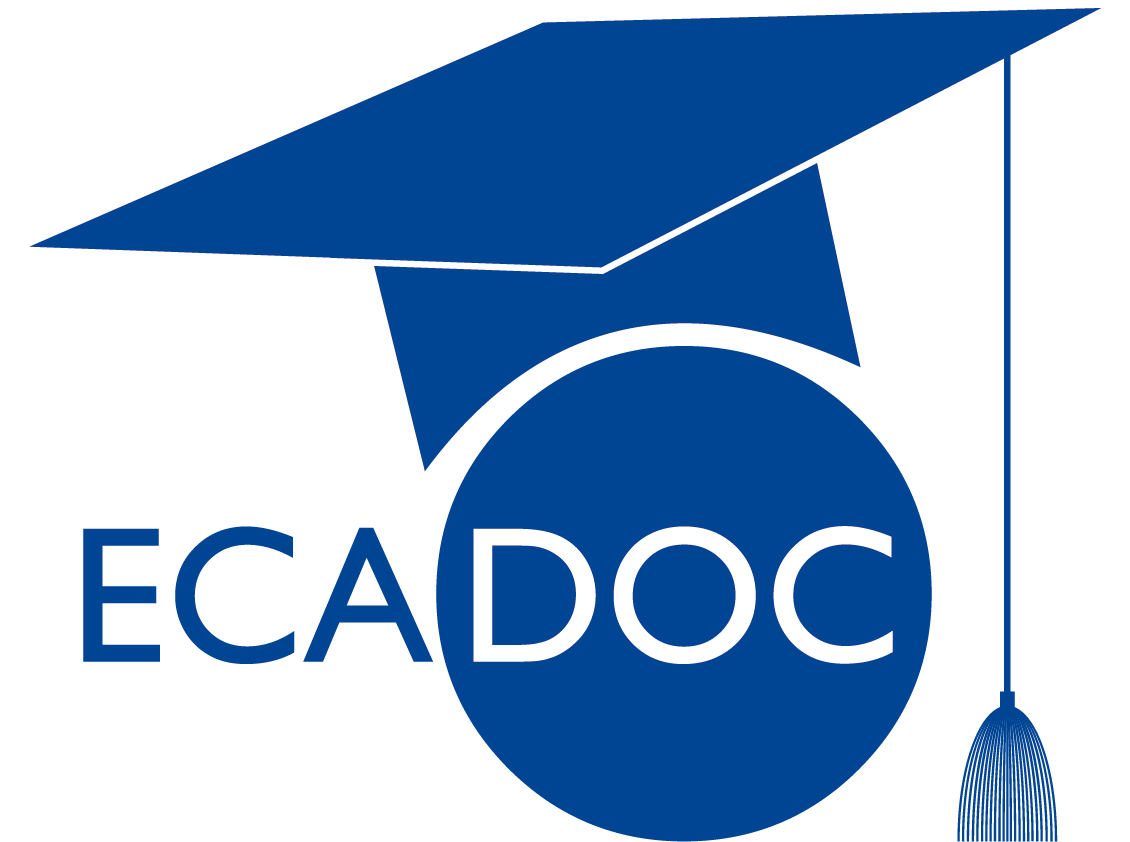
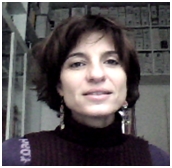 |
Valérie Cohen-Scali. After having spent 10 years as researcher in the center of research on work and qualifications (Cereq) Valérie Cohen-Scali began to work as lecturer in the universities of Montpellier and Paris 13 in social psychology. Then, she became professor in Adult education at the University of Caen. Since 2012, Valérie Cohen-Scali works as Professor in career counseling and guidance psychology in the French Institute for the Study of Work and Career Counselling (INETOP) of the Conservatoire National des Arts et Métiers (CNAM), Paris. She is researcher in the Centre of Research on Work and Development of the Cnam and is associate researcher in the Centre de Recherche sur la Formation (Center of Research on Adult Education) of Cnam. In this Lab, she is co-director of the research group working on “Identity Construction and Professionalization”. She is cofounder member of the UNESCO Chair on “Life Long Guidance and Counseling” of the University of Wroclaw, Poland. Since 2009, she belongs to the Asia-Europe Meeting Life Long Learning Hub, particularly to the Network focusing on Workplace Learning. Since 2009, she is involved in the NICE (Network of Innovation in Counseling in Europe) Erasmus Project. She is a co-director of the Scientific Journal “L’Orientation Scolaire et Professionnelle”. She participates as member of the European Society for Vocational Designing and Career Counseling (ESVDC).Her fields of research are: Young adults’ identity construction, transition and career redirections, professionalization of career counselors and trainers. Valerie Cohen-Scali has gathered her main recent works about young adults relation to work in a book “Travailler et étudier”, Paris: Presses Universitaires de France (2010), and has published many articles in different international journals. She currently teaches students in Master’s degree in Adult Training and in career counseling, as well as students in doctoral programs. She supervises doctoral students on different topics such as: Identity and transition in some specific professional contexts, organizational socialization of apprentices, career counselors ’competences development. |
|---|---|
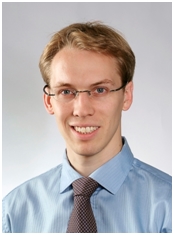 |
Johannes Katsarov. He acts as the Program Manager of the European Doctoral Programme in Career Guidance & Counselling, and is a member of the Scientific Committee.
|
 |
A chartered psychologist and associate fellow of the British Psychological Society, fellow and past president of the Institute of Career Guidance, legacy fellow of the Career Development Institute and a board member of the International Association of Educational and Vocational Guidance. A principal fellow of the Higher Education Academy, she was awarded a National Teaching Fellowship in 2013. Having trained as a careers adviser, she worked as practitioner and manager in careers services and further education, before moving into academia, lecturing on (and later running) postgraduate courses for career guidance practitioners and managers. She has co-edited a handbook on innovation in the training of career professionals, which draws on the NICE network of led by the University of Heidelberg. Rachel has advised government departments on national policy for career guidance, and was Vice Chair of the parliamentary task force on the career guidance profession, which drew on her expertise in public policy and the management and training of the career workforce. |
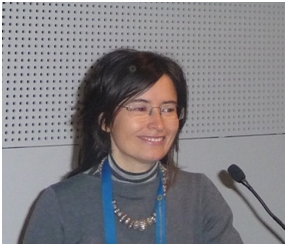 |
Laura Nota. She is professor of Career construction and career counseling and Psychological Counseling for the Inclusion of Social Disadvantage at the Department of Philosophy, Sociology, Education and Applied Psychology, University of Padova. She is the Director of the Larios Laboratory and of the University Centre for Research and Services on Disability, Rehabilitation and Inclusion, at University of Padova, and of the post-graduate Master Course in ‘Life Design and Career Counseling’. She is Vice President of SIO; she is member of the Executive Board of Division 16 (Counseling Psychology Division) in the International Association of Applied Psychology; member of the Executive Board of the European Society for Vocational Designing and Career Counseling and of the European Society in Family Relation. She is co-editor of The International Journal for Educational and Vocational Guidance, member of the editorial board of The Italian Journal of Vocational Psychology, The Journal of Career Development, and member of the consulting committee of The Journal of Happiness Studies. She is member of the Life Design International Research Group, of the Career Adaptability International Collaborative Group. She is member of the Sterring Committee in the European project University Network for Innovation in Guidance - Lifelong Learning Programme (2009-2012/2013-2015). She is member of the Special Task Group 'Globalization' of Division 17 - American Psychological Association (from 2011- present). As regards vocational psychology and career counseling, research efforts are directed toward the study of variables and processes in life design models, setting up of instruments, planning of interventions programs and their verification. She is the author of many international and national articles and more than ten books and editor, with Jerome Rossier, of the Handbook of the Life Design paradigm: From practice to theory, from theory to practice (Hogrefe). |
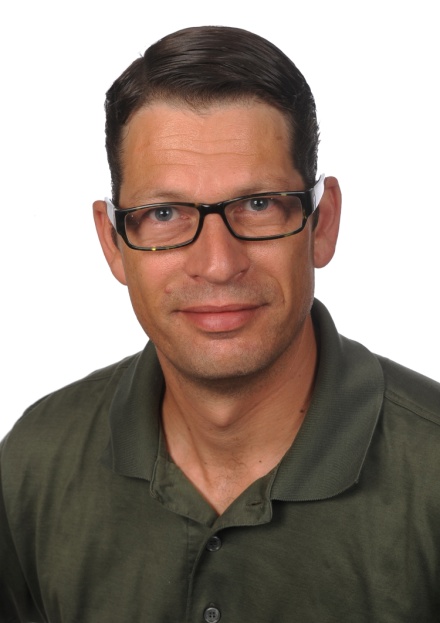 |
Jérôme Rossier. He studied psychology at the University of Lausanne, at the University of Geneva, Switzerland, and at the Catholic University of Louvain, Belgium. He obtained a PhD in psychology at the University of Lausanne. After work experiences at the Academy of Sciences of the Czech Republic, at the National Institute of Health, United-States, at the University of Fribourg, Switzerland, he is currently full professor of vocational and counseling psychology at the Institute of Psychology of the University of Lausanne. He is also editor of the International Journal for Educational and Vocational Guidance and member of several editorial boards of scientific journals such as the Journal of Vocational Behavior or the Journal of Research in Personality. His teaching areas and research interests include counseling, personality, psychological assessment, and cross-cultural psychology. He published over one hundred articles and book chapters mainly about cross-cultural, personality, and vocational counseling issues. He is with several European and North American colleagues a co-author of the life design career-counseling paradigm. He also participated actively to many international research projects, such as the personality across culture research or the international career adaptability project. |
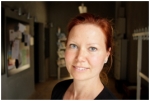 |
Rie Thomsen. is director of the research programme Lifelong Learning and associate professor at the Department of Education at Aarhus University in Denmark. Her research revolves around lifelong career guidance practices and policies with a special interest on the role of communities and in the organisational aspects of career guidance. Furthermore she has a strong interest in creating an inspiring environment for interdisciplinary research in Lifelong Learning and Lifelong Guidance. Rie Thomsen is an experienced partner of several international research projects. NICE, VALA and ECADOC. She has long term working relations with Institute of Employment Research at Warwick University. In 2012 she published the book Career Guidance in Communities. And in 2013 she was awarded with the national guidance award for her research. Her goals for the future are to guide and lead young researchers nationally and internationally in developing prosperous research cooperation’s in the field of career guidance. |
 |
Peter C. Weber. He studied in a first degree Youth Care (1992- 1995) and after three years of practise Adult Education, Sociology and Economy at University of Bremen and University of Leiden/NL (1998-2003). Since 2004 he is researcher and lecturer at the Heidelberg University, Institute for educational science in the work group adult education/further education and counselling. His main work-issues are aside the development and maintenance of different study programs (career counselling and organizational development) research projects (national and international) e.g. on competence & quality in the field of adult learning and counselling. He received his doctor’s degree at Heidelberg University (PhD) on the topic of Quality development in Guidance & Counselling. Link:http://www.ibw.uni-heidelberg.de/staff/weber.html
|